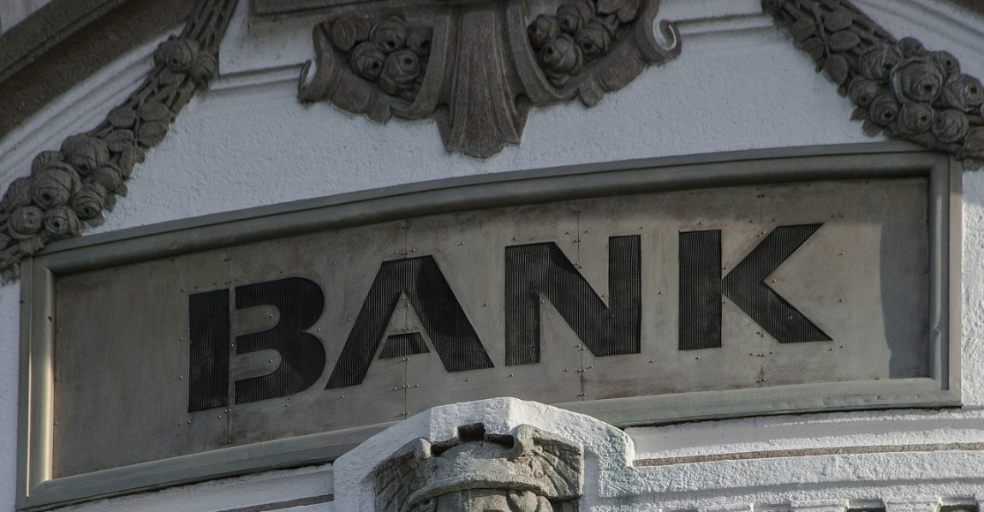
What is de-banking and how can you avoid it?
Instances of de-banking have surged in recent times as financial institutions strive to ensure their customers meet the criteria they lay down. However, with the Financial Ombudsman Service (FOS) upholding an increasing number of complaints about account closures, the practice has been placed under much greater scrutiny.
In simple terms, someone can be de-banked if they are perceived as a risk to the organisation. However, de-banking is significantly more complex than this.
Read on as we take a closer look at de-banking in the United Kingdom and the reasons it may happen, before explaining how you can avoid it happening to you.
What is de-banking?
De-banking refers to instances when a financial institution closes an account. Generally speaking, banks should give you two months’ notice if they plan to do this. The government has proposed to increase this timeframe to 90 days, thus giving customers a little more time to make alternative arrangements. There is no minimum notice requirement if fraud is suspected, although the financial institution must have justifiable reasons to take this course of action.
De-banking can also take if customers fail to complete personal information checks, leave accounts inactive or for other commercial reasons.
Is de-banking done fairly?
More than 3,800 complaints about de-banking were made to the FOS in 2023/24, an increase of around 45 percent on the previous financial year. Approximately one-third of complaints were upheld and as banks in the UK are closing over one thousand accounts a day, this figure which suggests financial institutions are not playing fair. However, banks argue that account closures are becoming more necessary as it strives to tackle the amount of fraudulent activity in the sector.
The upcoming introduction of a new reimbursement scheme which will require banks to reimburse fraud victims in most cases is expected to spark more cases of de-banking.
How to act if you are de-banked
De-banking can cause a plethora of headaches for consumers, particularly with regards to making payments and the potential impact on your credit score. If you are de-banked, follow these steps:
- Ask the bank about the money in your account. Not all financial institutions have the same rules.
- Make alternative payment arrangements for direct debits and standing orders.
- Raise a complaint in writing if this is appropriate to your case. The financial institution has eight weeks to respond.
- If you do not receive a response, escalate the case to the FOS.
- Check for Cifas markers on your credit report and challenge any which are inaccurate.
- If any appear, do not make applications for financial products until these have been resolved.
How to avoid being de-banked
Many people are under the misapprehension that financial institutions are a law unto themselves, but nothing could be further from the truth. There are wide ranging compliance rules which banks must abide by to ensure they maintain the trust of the UK government and its citizens. Consumers who wish to avoid being de-banked should adhere to three key connected elements – prevention, maintenance and strengthening their financial reputation.
Prevention requires consumers to make sound financial decisions governing savings, offshore holdings, tax affairs and their links with other people or businesses. Keeping accurate records and showing a willingness to have these scrutinised if requested undoubtedly builds trust with financial service providers. Ultimately, if you have nothing to hide your financial affairs should be able to withstand even the most stringent regulatory examination.
Maintenance is essentially an extension of prevention which requires consumers to commit constantly to financial transparency. One element which is often overlooked by consumers is keeping their ‘online profile’ in order to ensure financial institutions cannot flag up any issues.
For example, if your stated career is a bartender but your social media activity regularly shows you driving around in a new Porsche, financial institutions may start asking awkward questions. Or If you thinking of starting a small business, make sure everything is accounted for in case the banks investigate your financial activity.
Strengthening your financial reputation also plays a key role in ensuring you steer clear of any unwanted issues, regardless of where you sit on the social ladder. Keeping your credit score in order, ethical investing and demonstrable philanthropy are among numerous ways you can boost your financial reputation.
De-banking – The final word
With instances of de-banking on the rise, consumers must tread carefully to ensure they do not give financial institutions a reason to target them. While the UK financial rules offer a trustworthy appeals process, it can be hugely inconvenient to have your banking services frozen or removed.
By operating in a transparent manner and avoiding things which may draw attention from a bank, you will maximise your chances of steering clear of de-banking.














